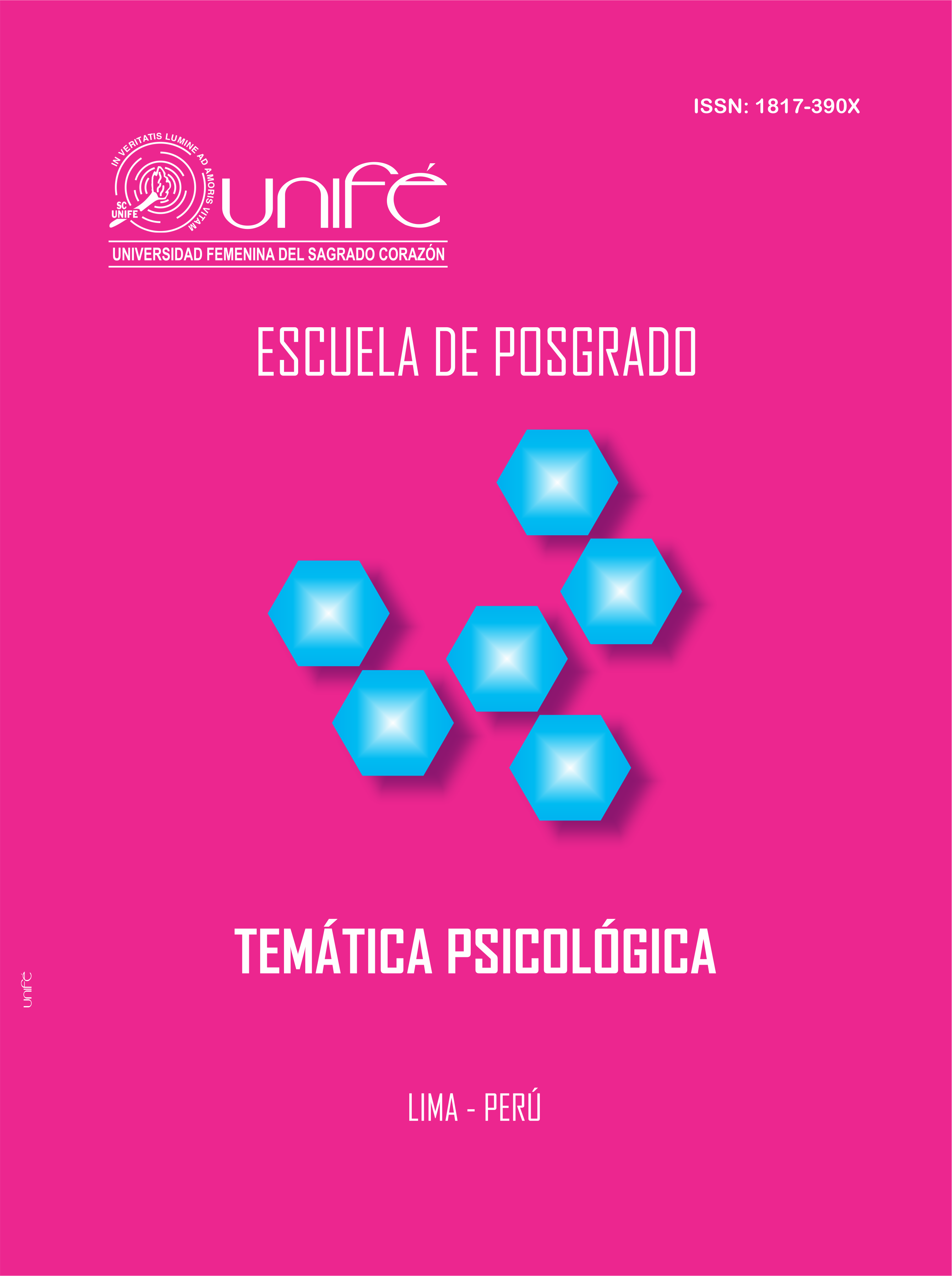Bilingualism in deaf children Peruvians
Keywords:
bilingualism, Deaf, oral language, sign language, sign language interpretersAbstract
The aim of this article is to reflect on some relatively uncritical addressed in our country look: bilingualism in deaf people, which, as we know, differs from bilingualism in hearing people who made having a mother tongue, oral, learn a second language, also oral; while deaf refers to the acquisition of sign language (not oral) and learning a spoken language (own country or region). Such reflection will consider experiences and research in some countries as well as in our observations, in order to analyze and discuss the implications, especially educational and psychological exercises that bilingualism in deaf people of Peru. Additionally they seek to show the importance of deaf teacher in the classroom, and the sign language interpreter in mediating communication and learning in the context of bilingual proposal regarding the deaf.


